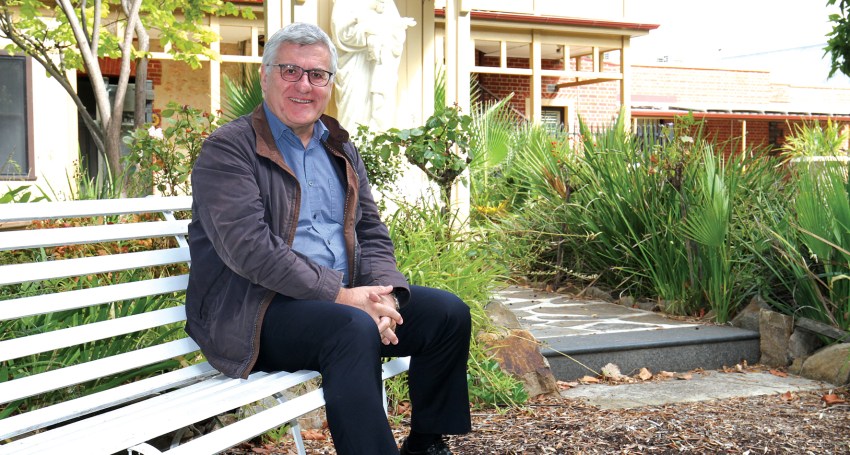Communal discernment a way forward
Opinion
The first general assembly of the Plenary Council, meeting October 3-10, was an extraordinary experience. About 300 members of the Catholic community in Australia engaged in a process of communal discernment involving people from almost every sphere of Church life including laity, deacons, bishops and priests.

The heart of this process was a three-hour period of ‘spiritual conversation’ on five days. Members formed 10 groups of 30 people each, and these were divided into smaller groups of 10. For those five days, each group prayed about and discussed one of the Plenary Council’s six key themes: conversion, prayer, formation, structures, governance, and institutions. Focal questions guided the discussion. Besides the spiritual conversations, the meeting observed the usual processes of such a formal gathering.
Advertisement
What I found extraordinary was that while early on some members engaged in a vociferous staking out of territory on difficult issues, by week’s end the groups had arrived at more nuanced accounts of the issues, and of what’s required for the Church to flourish into the future. Not that the major difficulties have been overcome. They haven’t…yet! Important questions still face the Catholic community in Australia. But the spiritual conversations seemed to bear great fruit.
The Thursday was a day of lamentation given over to prayer and reflection about two matters: the lack of recognition for Australia’s Indigenous Peoples, and the Church’s response to victims of sexual abuse, particularly abuse by clergy.
I was present as one of a group of 19 theological advisers (periti). We attended all sessions besides the spiritual conversations. We met daily to reflect on the proceedings, and we responded to members’ requests for advice. Yet our main work will be in preparation for the second general assembly in July 2022, helping to draft the findings of the first assembly.
If there was a downside to the week, it was that the pandemic prohibited the whole group from gathering face-to-face in Adelaide, as planned. We met online, on the Microsoft Teams platform. Yet in many ways, the limitations of the online environment were overcome. A real depth of sharing occurred across the group, and the situation didn’t prevent the non-locked-down dioceses from gathering their members together. The members from the Adelaide Archdiocese met in the city, celebrated the Eucharist each day, attended the online sessions, and shared meals. It was an intense week but a joyful one.
Even more heartening than the Plenary Council itself is what it signals about the future. It’s essential, as we move forward, that the whole people of God participate in communal discernment about our common life. The day before our meeting ended, Pope Francis stated in Rome that this type of participation was not simply “a matter of form, but of faith. Participation is a requirement of the faith received in baptism…enabling everyone to participate is an essential ecclesial duty!”
Advertisement
Communal discernment was integral to the Church’s life during the first millennium. Traditionally, this has been called ‘synodality’, a term derived from two Greek words meaning something like ‘walking together’. The Second Vatican Council’s (1962-1965) emphases on the Church as the People of God and on the collegiality of bishops were major steps toward the recovery of the broader practice of synodality. Three months before Vatican II concluded, Pope
Paul VI re-established the Synod of Bishops. In our time, Pope Francis is ensuring that we find a synodal way of life for the whole church.
On October 9, Francis launched preparations for the 2023 Synod in Rome on synodality. In that speech, he indicated the direction: “of moving not occasionally but structurally towards a synodal Church, an open square where all can feel at home and participate”.
This is an exciting time in the Church but also a challenging one. Any close observer of democracy can see that it is in crisis around the globe, often fractured by what are called ‘populist’ movements. The development of synodality in the church cannot be that sort of divisive movement. That’s why the practice of spiritual conversations at our Australian Plenary Council matters so much.
In launching the 2023 Synod, Francis said: “If we want to speak of a synodal Church, we cannot remain satisfied with appearances alone; we need content, means and structures that can facilitate dialogue within the People of God especially between priests and laity.” That’s the agenda for 2022 in Sydney and 2023 in Rome.
• Fr James McEvoy is a priest of the Adelaide Archdiocese and theology lecturer at the Australian Catholic University








Comments
Show comments Hide comments